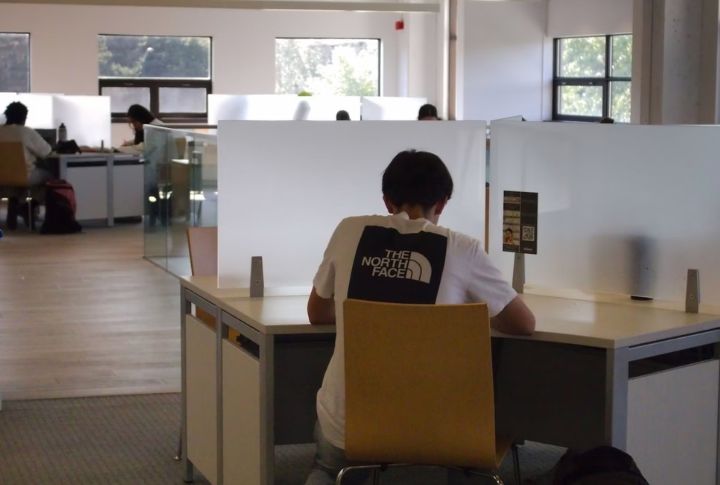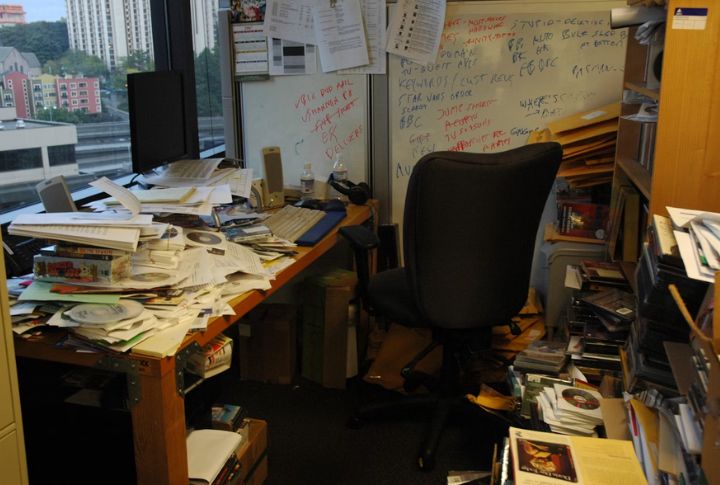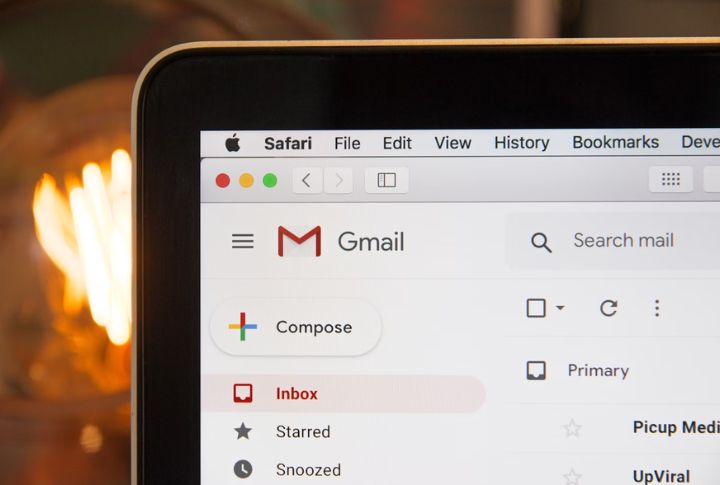
Thriving in the corporate world requires more than just technical know-how—it demands professionalism as a key driver of success. While ambition propels careers forward, unprofessional behaviors can silently undermine credibility and long-term career prospects. Here are workplace habits that may seem minor but speak volumes about an employee’s reputation and ability to thrive.
Poor Communication Skills

Communication defines leadership. According to a 2022 McKinsey & Company study on workplace collaboration, employees who struggle with clear messaging face lower promotion rates than their articulate counterparts. Whether it’s unclear emails, missed follow-ups, or an inability to express ideas in meetings, ineffective communication weakens efficiency.
Frequent Tardiness

Time is a currency in the workplace. A Harvard Business Review study links chronic lateness to a decline in team efficiency, as delayed meetings disrupt workflows and decision-making. While occasional tardiness is understandable, persistent lateness signals poor time management.
Gossiping And Spreading Rumors

Office gossip isn’t just harmless chatter—it erodes workplace trust. Employees lose faith in coworkers who gossip, which leads to less teamwork and fewer new ideas, according to a Gallup poll. Gossip disrupts professional relationships, tarnishes reputations, and fosters toxic work environments where productivity takes a hit.
Dress Code Violations

According to a LinkedIn workplace trends report, professionally dressed employees were more likely to receive leadership opportunities than those who disregard office dress norms. Although dress codes vary by industry, consistently ignoring standards can unintentionally communicate carelessness or a lack of respect for corporate culture.
Public Displays Of Uncontrolled Emotion

Emotional intelligence (EQ) is more important than IQ in leadership roles. Studies from TalentSmart show that high-EQ employees outperform others in workplace effectiveness. Frequent emotional outbursts—whether anger, frustration, or negativity—signal instability and weaken team confidence in leadership.
Using Work Time For Personal Tasks

Distractions are costly. An efficiency study from Stanford University found that workers who do a lot of personal things at work have reduced productivity. This is because of poor concentration, which causes mistakes. Whether excessive social media scrolling or extended non-work conversations, these behaviors signal disengagement and reduce efficiency.
Disrespecting Colleagues

Respect is fundamental and should not be considered an option. Research from the Society for Human Resource Management shows that when people feel valued, they work better together, which sparks more innovation and helps careers grow. On the other hand, disrespect—like interrupting or being dismissive—breaks trust, harms teamwork, and slows down progress.
Lack Of Accountability

Owning mistakes is a sign of strength, not weakness. Harvard Business Review highlights that leaders who practice accountability increase team loyalty tremendously, building a culture of trust and reliability. However, employees who shift blame or refuse responsibility create dysfunctional work environments that hinder success.
Poor Hygiene Or Workspace Maintenance

Professionalism extends to workplace cleanliness. When workplaces are disorganized, it becomes more difficult to concentrate, which in turn impedes efficiency, according to a study conducted by Princeton University. A disorganized desk or poor hygiene choices affect how colleagues perceive reliability and attention to detail.
Ignoring Ethical Practices

Integrity defines career longevity. Ethics violations—whether misusing resources, bending company policies, or engaging in dishonesty—tarnish reputations permanently. The Ethics & Compliance Initiative found that many executives prefer promoting employees with a strong moral compass over those with high technical competence but weak ethics.
Unwillingness To Collaborate

Collaboration means more than working together—it involves being flexible, giving and receiving feedback, and inspiring others through your actions. Refusing to engage with teammates or avoiding group efforts makes it harder to earn trust or be seen as leadership material.
Overuse Of Workplace Jargon And Slang

Trust starts with clear communication. Excessive jargon during meetings doesn’t impress—it alienates. Confused team members stop engaging, and ideas get lost. Smart leaders balance technical accuracy with simplicity, making sure their message lands with everyone in the room.
Poor Email Etiquette

According to the Journal of Business Communication, leadership opportunities often go to those with strong communication skills. Emails filled with errors, casual language, or no greeting suggest carelessness. Writing with purpose and polish reflects maturity and plays a vital role in career growth.
Neglecting Skill Development

Careers stall when learning stops. Avoiding new skills, ignoring training sessions, or showing no interest in growth makes it harder to stay relevant. Teams notice who’s improving and who’s coasting. Over time, this habit creates a gap between potential and actual progress that’s hard to ignore.
Unreliable Work Performance

Reliability is a career accelerator and not just a trait. According to a Gallup workplace study, employees who consistently meet deadlines and deliver quality work are more likely to be promoted. Missing deadlines or producing subpar work weakens trust and career prospects.
Oversharing Personal Issues At Work

Personal struggles are inevitable, but excessive sharing can impact workplace dynamics. When you frequently discuss personal issues at work, it affects the perception of your professionalism. Authenticity is valued. Still, maintaining boundaries ensures focus and respect.
Refusing Constructive Criticism

Feedback improves outcomes—this is backed by Harvard Business Review findings. Professionals willing to learn through critique outperform those who deflect it. When feedback becomes a welcome signal for progress instead of a perceived threat, personal and professional growth becomes far more attainable.
Misusing Meeting Time

Meetings aren’t meant to fill calendars. When they lack intention or run without structure, they drain teams. Every off-topic comment or unneeded session steals time better spent elsewhere. Efficient meetings promote action and keep conversations focused on what really matters.
Lack Of Professional Social Etiquette

Workplace interactions shape reputations. Employees who practice strong social etiquette build more positive workplace relationships. Failing to greet people, ignoring introductions, or disregarding workplace norms signals unprofessional behavior. Small gestures—like a greeting or a handshake—can leave lasting impressions.
Poor Conflict Resolution Skills

Handling disagreements professionally is a leadership skill. Conflict resolution isn’t about winning—it’s about understanding and progress. Leaders who effectively manage workplace conflicts are more likely to be considered for executive roles. Escalating tensions instead of resolving issues diplomatically weakens credibility.

